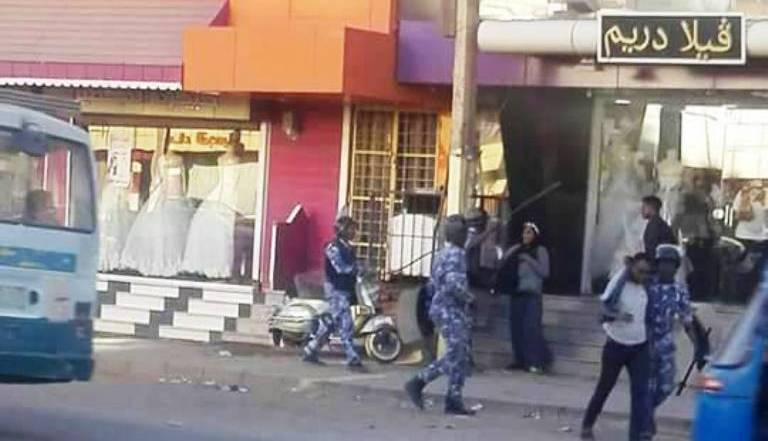Sudan’s draft security bill faces criticism from different sides

The components of the transitional government in Sudan agreed to establish an internal security apparatus under the Ministry of the Interior, after the failed assassination attempt on Prime Minister Abdullah Hamdok last year.
The Ministry of Justice has prepared a draft internal security law, which is expected to be subject to a wide debate between the ruling parties and civil society groups before its final approval.
“Everyone must resist giving the security apparatus wide powers of arrest, detention and investigation,” said Yasir Arman the deputy head of the SPLM-North led by Malik Agar on Saturday.
In a statement on his Facebook’s page, Arman likened the draft bill to the law that implemented during the former regime to suppress opposition groups, saying, “As if al-Bashir wrote it from his prison”.
Under the ousted regime the security service can arrest a person for three months without charge.
Arman added that the Internal Security Law should be passed by the Transitional Legislative Council which is expected to be formed in the upcoming weeks to hold a large debate about it.
The draft bill allows the Internal Security agents to detain anyone for 48 hours, without arrest warrants from the Public Prosecution Office.
The Democratic Unionist Alliance criticized the Ministry of Justice for filling the draft Internal Security Law on the cabinet without prior consultations about it with the political groups.
“This law disappointed many of our expectations, as its provisions grant the security apparatus all the previous arrest and detention powers of the former regime’s apparatus.”
The Alliance also slammed the broad immunities, special courts, and the power to withdraw even cases from the regular courts given to the new security apparatus.
The Sudanese Communist Party, for its part, rejected the draft law and described it as “a new episode of the conspiracy against the forces of the revolution, aiming to circumvent its objectives.”
(ST)
